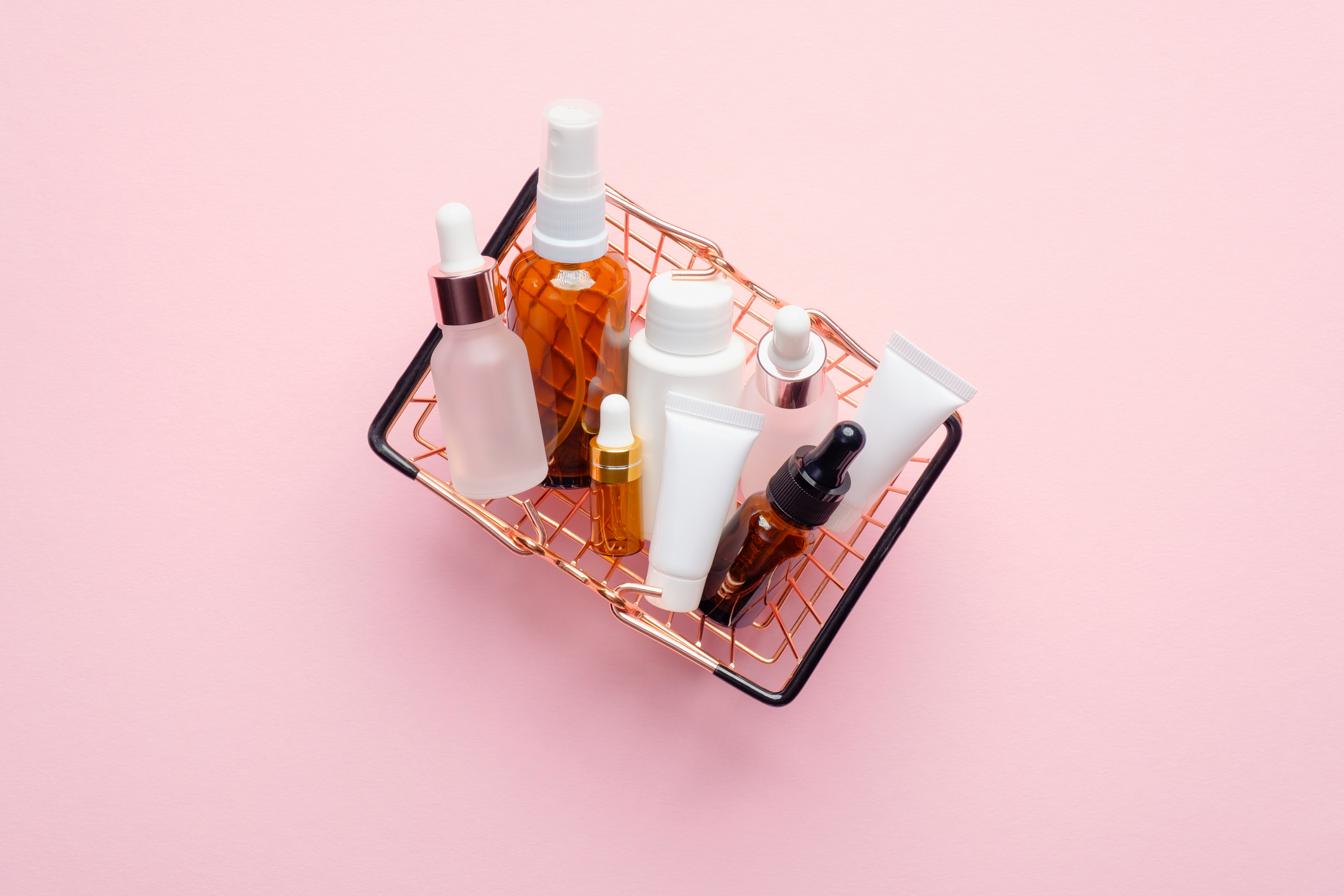Adam Lueken

Many of today’s most successful dermatology practices not only provide world-class medical and cosmetic care, but offer world-class skin care products to their clientele as well, whether in-office, online or both. This can help boost a practice’s financial production, patient satisfaction and standing as a community leader in skin care. But product sales can add a layer of complexity to existing business and patient care responsibilities. And if not done correctly and effectively, selling products can become more of a headache than a benefit.
If you’re considering product sales or want to make your existing sales more effective, here are a few tips to consider.
Be Careful When Mixing Patient Care and Sales
Most patients want effective skincare products and seek them out themselves as consumers. So you would think making skincare products a part of their treatment plans would be a win-win? It can be, but there are challenges that come with it. Pushing products to patients during their treatment can come off as “hard selling,” which can blur the line between selling services and providing care. Some patients may take this the wrong way – that you’re more concerned about selling products than taking care of their skin care needs.
To help separate your patient care from product sales, consider setting up a defined space for products – whether a store, display area or skincare bar. There, patients can view and sample products on their own in a more comfortable, low-key environment. This will help you showcase products and give patients access to high-quality products. If setting up this space, take into account the number of products you plan to feature and how much space will be needed. That way, you’re not taking up too much practice space or too little. Encourage patients to explore the product space before or after their appointments. You can also accommodate patients or customers that drop by strictly to shop for products. Hosting other special events for your product space can be helpful too. For example, you can plan an event for the launch of a new product, an open house, a lecture on skincare and/or product discounts.
To accompany your physical space, adding a product sales feature/store on your website as well can be beneficial. This will give patients/customers another convenient way to shop and access your skincare products. It will add more logistical necessities – setting up an online storefront process, shipping products, etc. So make sure you’re able to handle these needs from a work, time and financial standpoint before committing. Otherwise, an online store that doesn’t work or is never updated, or delays in shipping, will only leave customers with a bad taste for your practice.
Marketing Your Products
You don’t have to completely reinvent your practice marketing or dramatically increase your budget to effectively market your products to patients and your community. Incorporate product communications and marketing into your existing efforts – such as external print collateral materials, in-office materials, your website, blog and social media. You can also discuss products in your on-hold messaging. Photos and patient testimonials will be important components of your marketing, and social media and practice websites are ideal for sharing them.
Getting Your Team Up to Speed
If your team will be supporting your product space and sales (and if they don’t have a clinical focus or base), it’s important to train and develop them in being knowledgeable about the products and the overall benefits of healthy skin. In addition, they should be equipped to interact and assist a diverse group of customers while still keeping up with their other job responsibilities. Encourage your team to get excited about product sales and carry that into their patient/customer communication. Otherwise, patients won’t be excited about it either.
Educating Your Clientele
Your patients may want to buy skincare products, but most will not be familiar with the brands you are selling or the why behind them. And if the prices are a bit steep, they won’t invest in something they don’t fully understand. But with face-to-face interactions with professionals who can share the benefits and advantages of these products, patients will be more likely to commit to products on an ongoing basis. If a patient buys a bottle of sunscreen from you without any additional guidance or education, they may not realize its full benefit and as a result, not use it as much or purchase again. But if they have a meaningful understanding of the product, they have a much higher chance of being a repeat user.
Looking for help with your product sales and marketing? We’re always a phone call or click away to support your needs. Schedule a consultation with one of our practice management experts today!